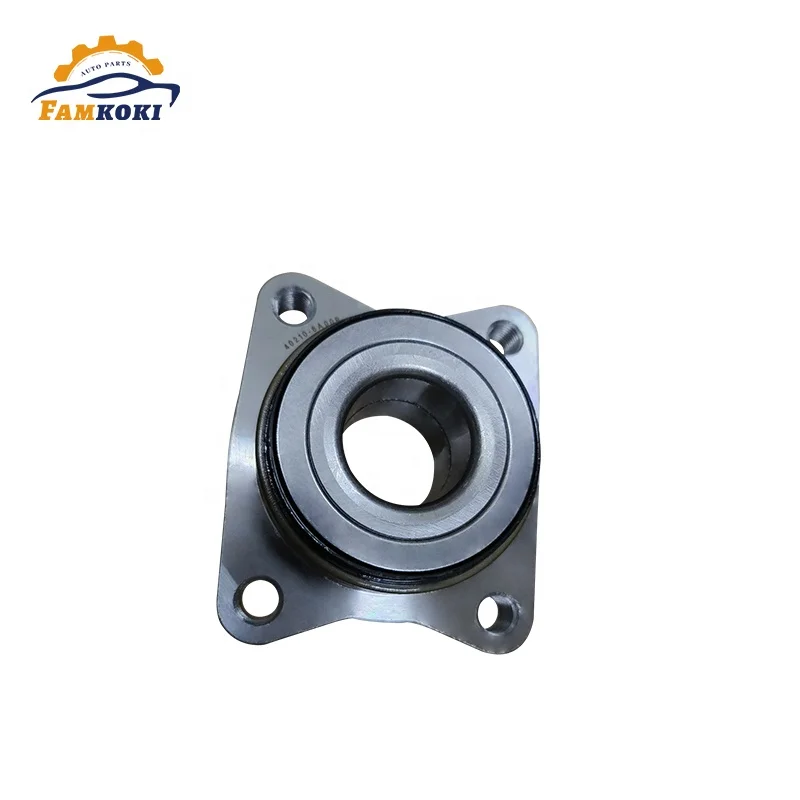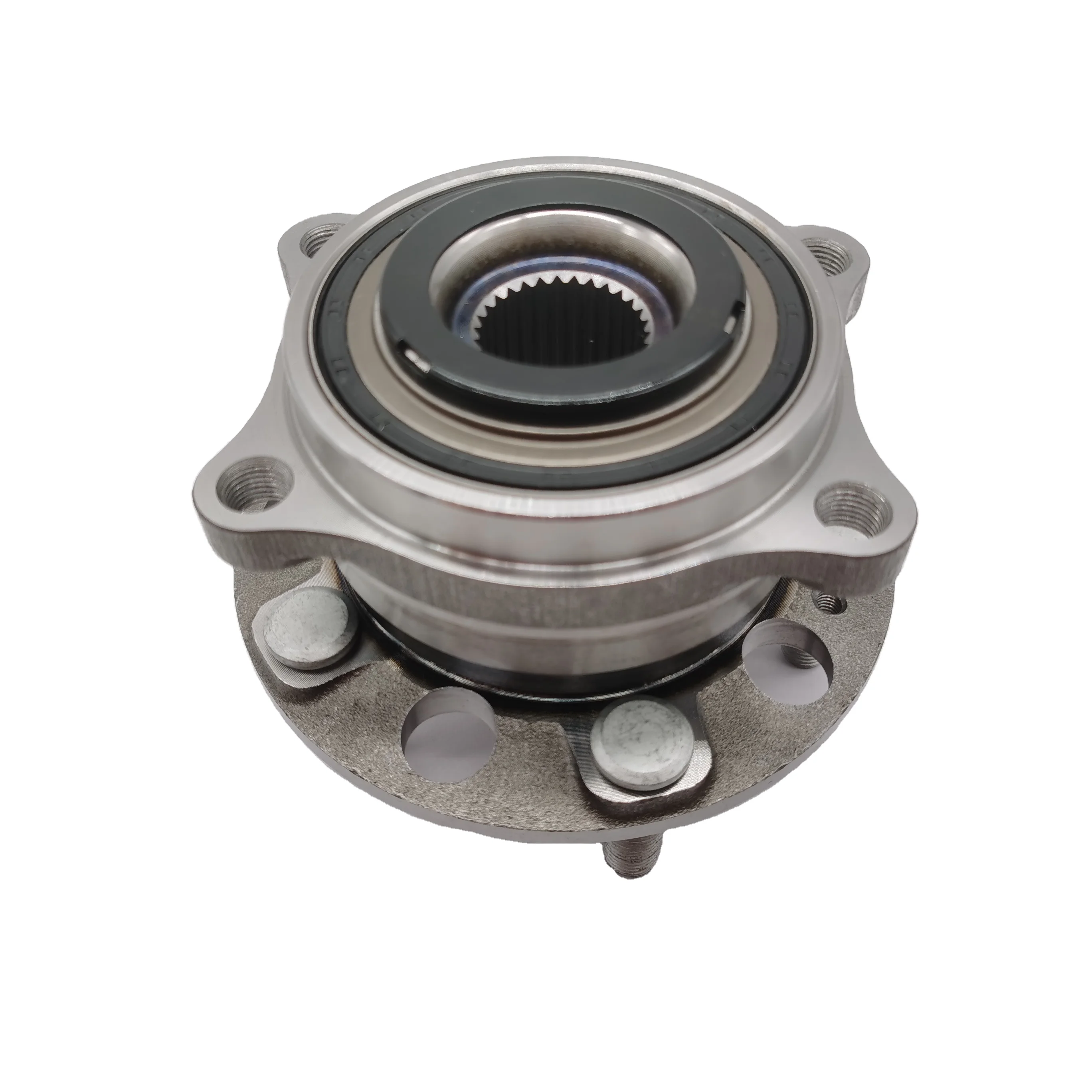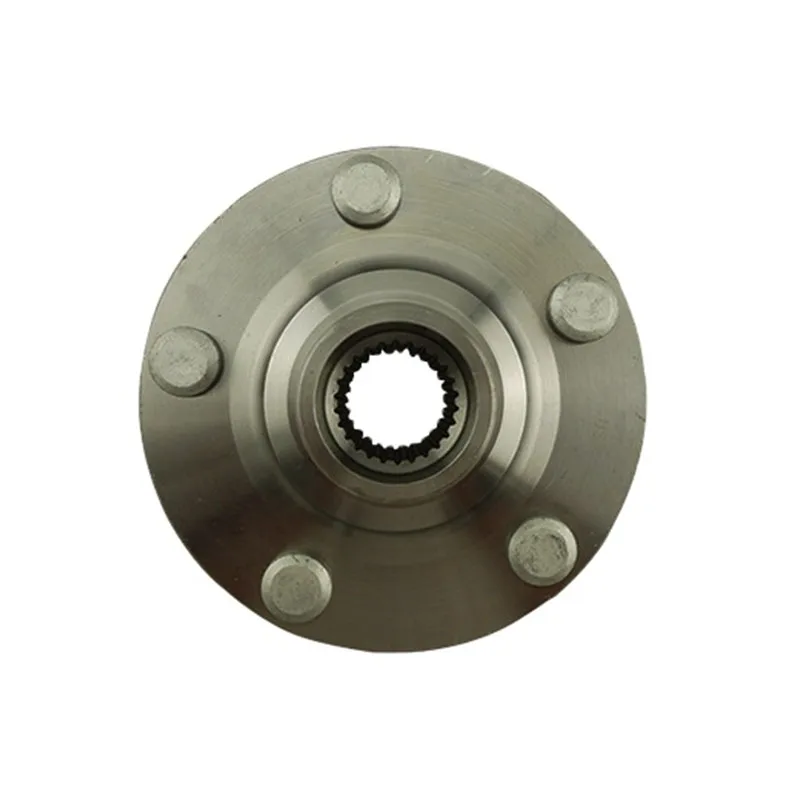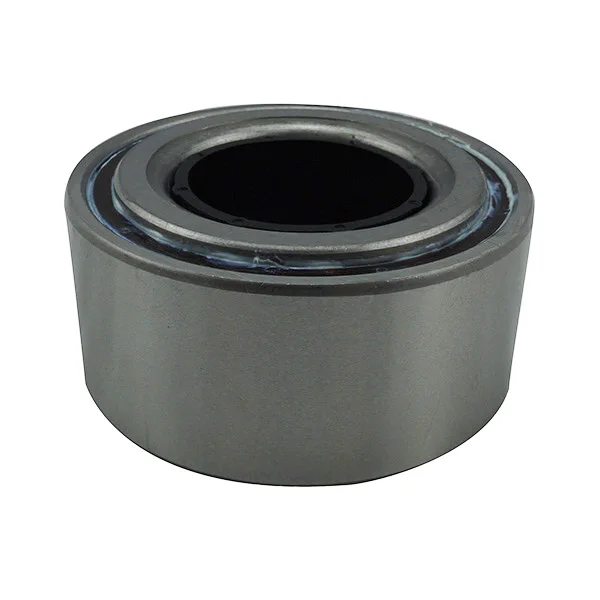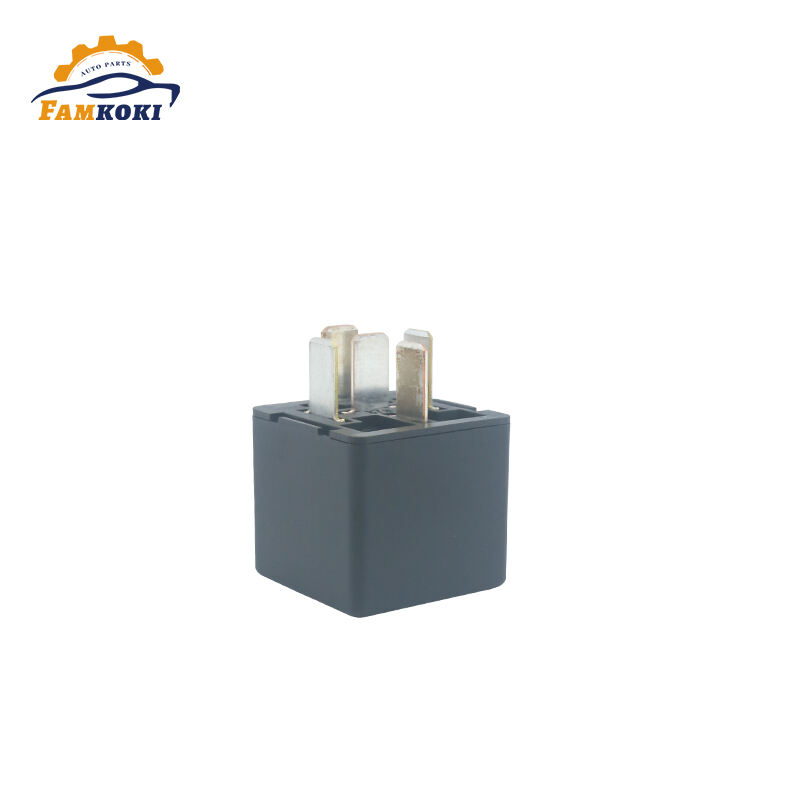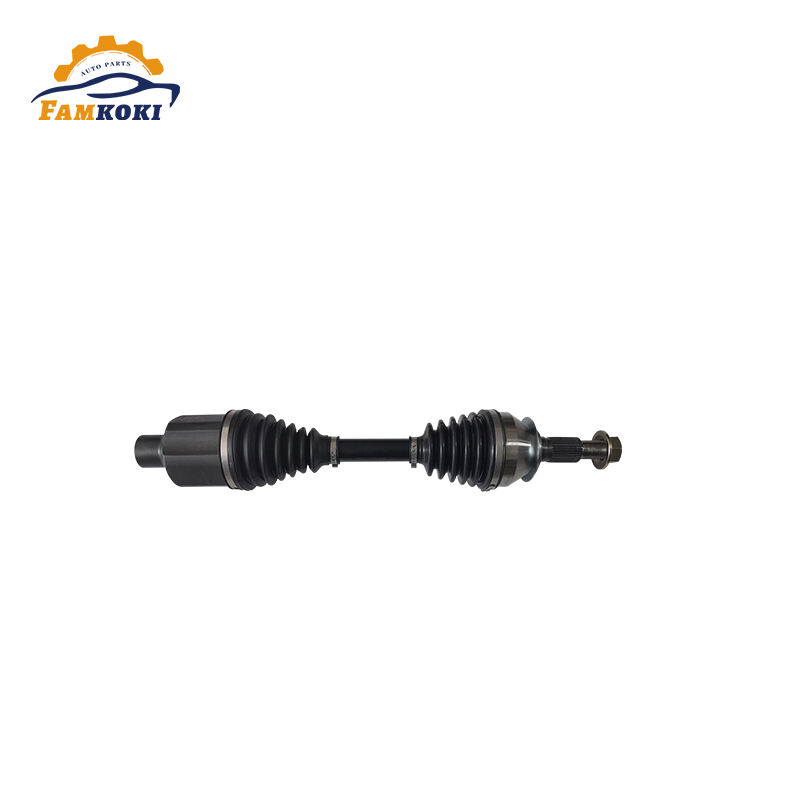Which are Stronger, Aluminum or Steel Lug Nuts?
Introduction
Lug nuts have traditionally provided the fastening mechanism for tires and wheels to be attached that little mounting nub on your vehicle -- wheel hub. While aluminum and steel are a couple of the more commonly used materials in product...
View More
 EN
EN
 AR
AR
 FR
FR
 KO
KO
 PT
PT
 RU
RU
 ES
ES

